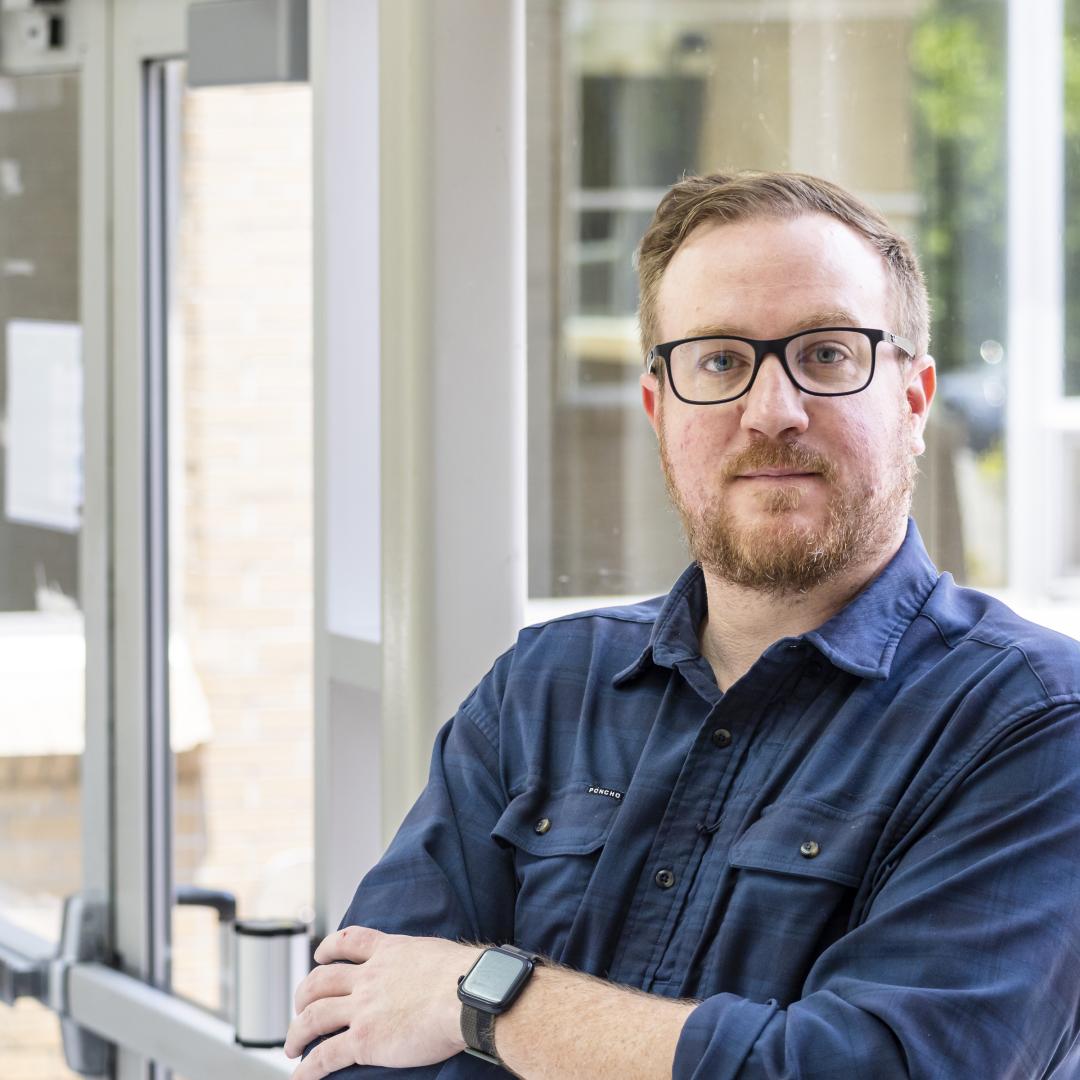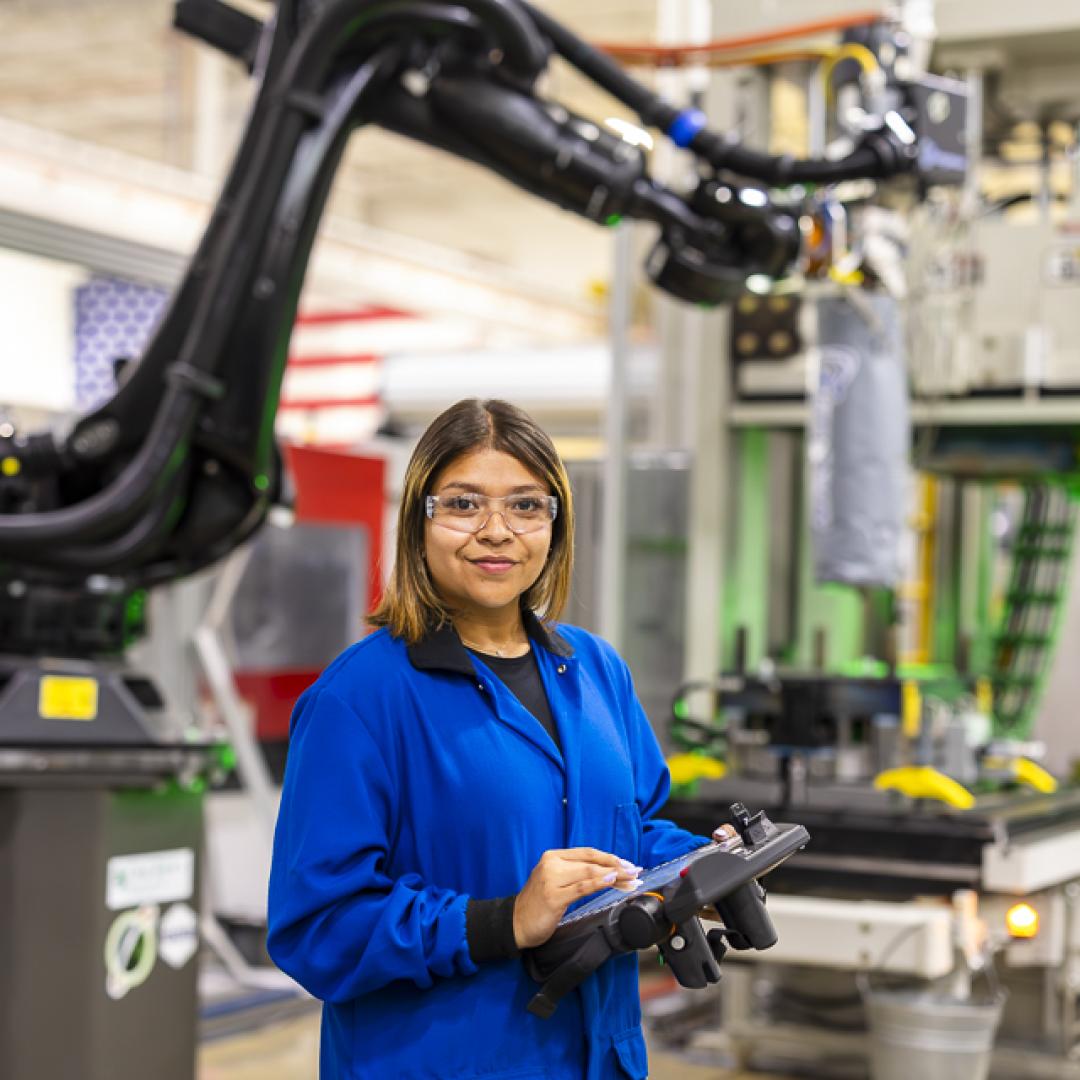
Filter News
Area of Research
- (-) Biology and Environment (107)
- (-) Computational Biology (2)
- (-) Materials (111)
- (-) National Security (28)
- Advanced Manufacturing (22)
- Biology and Soft Matter (1)
- Building Technologies (1)
- Clean Energy (186)
- Climate and Environmental Systems (5)
- Computational Engineering (2)
- Computer Science (5)
- Electricity and Smart Grid (3)
- Functional Materials for Energy (1)
- Fusion and Fission (11)
- Fusion Energy (2)
- Isotope Development and Production (1)
- Isotopes (3)
- Materials Characterization (1)
- Materials for Computing (16)
- Materials Under Extremes (1)
- Mathematics (1)
- Neutron Science (36)
- Nuclear Science and Technology (7)
- Quantum information Science (1)
- Sensors and Controls (2)
- Supercomputing (71)
- Transportation Systems (1)
News Topics
- (-) 3-D Printing/Advanced Manufacturing (29)
- (-) Composites (11)
- (-) Environment (102)
- (-) Grid (14)
- (-) High-Performance Computing (30)
- (-) Materials Science (82)
- (-) Security (12)
- Advanced Reactors (5)
- Artificial Intelligence (28)
- Big Data (15)
- Bioenergy (52)
- Biology (76)
- Biomedical (23)
- Biotechnology (13)
- Buildings (6)
- Chemical Sciences (35)
- Clean Water (14)
- Climate Change (45)
- Computer Science (49)
- Coronavirus (17)
- Critical Materials (13)
- Cybersecurity (21)
- Decarbonization (26)
- Energy Storage (38)
- Exascale Computing (6)
- Frontier (6)
- Fusion (9)
- Hydropower (8)
- Irradiation (1)
- Isotopes (13)
- ITER (1)
- Machine Learning (21)
- Materials (79)
- Mathematics (3)
- Mercury (7)
- Microscopy (34)
- Molten Salt (3)
- Nanotechnology (42)
- National Security (35)
- Net Zero (3)
- Neutron Science (38)
- Nuclear Energy (21)
- Partnerships (16)
- Physics (30)
- Polymers (18)
- Quantum Computing (3)
- Quantum Science (12)
- Renewable Energy (2)
- Simulation (15)
- Space Exploration (2)
- Summit (14)
- Sustainable Energy (44)
- Transformational Challenge Reactor (3)
- Transportation (17)
Media Contacts
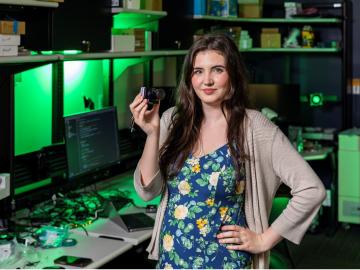
Tristen Mullins enjoys the hidden side of computers. As a signals processing engineer for ORNL, she tries to uncover information hidden in components used on the nation’s power grid — information that may be susceptible to cyberattacks.
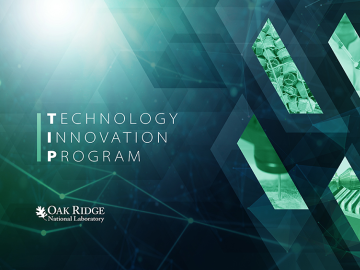
Scientist-inventors from ORNL will present seven new technologies during the Technology Innovation Showcase on Friday, July 14, from 8 a.m.–4 p.m. at the Joint Institute for Computational Sciences on ORNL’s campus.
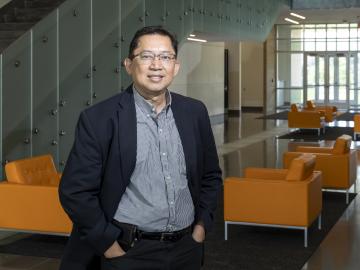
Rigoberto Advincula, a renowned scientist at ORNL and professor of Chemical and Biomolecular Engineering at the University of Tennessee, has won the Netzsch North American Thermal Analysis Society Fellows Award for 2023.
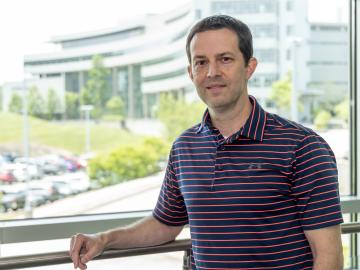
When reading the novel Jurassic Park as a teenager, Jerry Parks found the passages about gene sequencing and supercomputers fascinating, but never imagined he might someday pursue such futuristic-sounding science.
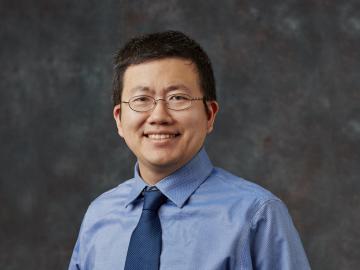
Shih-Chieh Kao, manager of the Water Power program at ORNL, has been named a fellow of the American Society of Civil Engineer’s Environmental & Water Resources Institute, or EWRI.
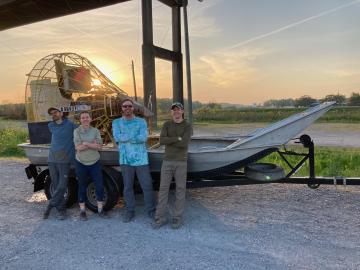
As a biogeochemist at ORNL, Matthew Berens studies how carbon, nutrients and minerals move through water and soil. In this firsthand account, Berens describes recent fieldwork in Louisiana with colleagues.
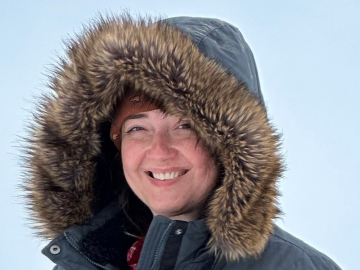
Colleen Iversen, ecosystem ecologist, group leader and distinguished staff scientist, has been named director of the Next-Generation Ecosystem Experiments Arctic, or NGEE Arctic, a multi-institutional project studying permafrost thaw and other climate-related processes in Alaska.
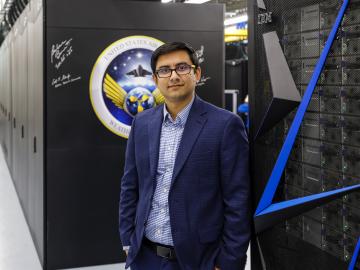
Climate change often comes down to how it affects water, whether it’s for drinking, electricity generation, or how flooding affects people and infrastructure. To better understand these impacts, ORNL water resources engineer Sudershan Gangrade is integrating knowledge ranging from large-scale climate projections to local meteorology and hydrology and using high-performance computing to create a holistic view of the future.

Using disinformation to create political instability and battlefield confusion dates back millennia. However, today’s disinformation actors use social media to amplify disinformation that users knowingly or, more often, unknowingly perpetuate. Such disinformation spreads quickly, threatening public health and safety. Indeed, the COVID-19 pandemic and recent global elections have given the world a front-row seat to this form of modern warfare.
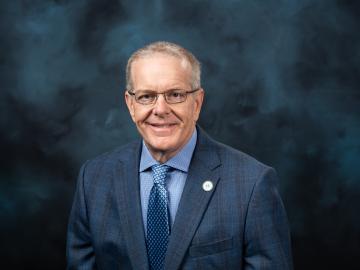
Craig Blue, Defense Manufacturing Program Director at the Department of Energy’s Oak Ridge National Laboratory, was recently elected to a two-year term on the Institute for Advanced Composites Manufacturing Innovation Consortium Council, a body of professionals from academia, state governments, and national laboratories that provides strategic direction and oversight to IACMI.


